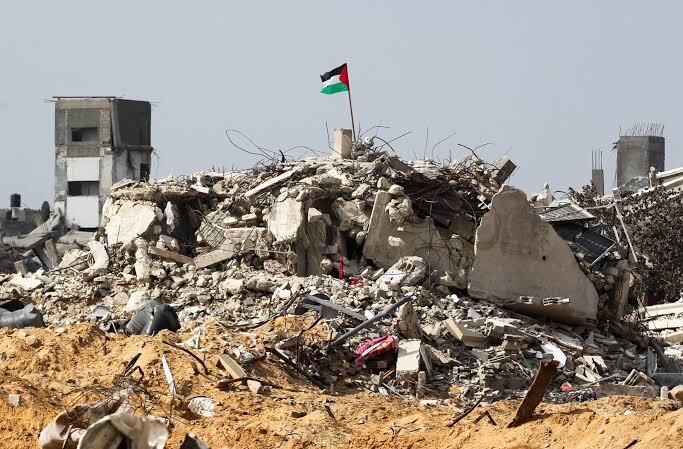Palestinian factions reject foreign governance

TEHRAN – Palestinian factions unitedly demand self-determination, rejecting foreign control and asserting local governance over Gaza.
In a significant move toward national unity, leaders of Palestinian factions met in the Egyptian capital Cairo and agreed to form a temporary local committee to manage the Gaza Strip, rejecting any foreign administration.
The two-day summit reflected a shared determination among Palestinian parties, groups, and resistance movements to reassert self-governance after the occupying Israeli regime waged two years of genocide and destruction that have left Gaza in ruins and its people traumatized.
The agreement reached in Egypt, centers on transferring the administration of Gaza to a temporary Palestinian committee of independent technocrats from the Strip.
This independent body would oversee essential services and daily affairs in coordination with Arab partners and international institutions but under Palestinian supervision, on a basis of transparency and national accountability. The plan underscores a strong message that Gaza must be governed by its own people.
The Cairo conference also produced a framework for an international committee to handle reconstruction funding and logistics. However, Palestinian officials made clear that any foreign presence in Gaza should be limited to humanitarian and technical support, not political control.
Mustafa Barghouti, Secretary-General of the Palestinian National Initiative, emphasized that “foreign forces administering Gaza are rejected completely.” He added that the goal of the summit is to prevent any political or geographical separation between Gaza and the West Bank, a division that the Zionist occupation regime and some Western powers have sought to entrench.
Echoing this, Hamas spokesman Hazem Qassem emphasized that “we agreed on the arrangements for the second phase of governing Gaza and agreed that it will be Palestinian, with no separation between the Strip and the West Bank.”
This insistence on self-determination comes amid ongoing aggression by the Zionist regime in Gaza that has seen mass killings and starvation, forced displacement as well as the systematic destruction of infrastructure.
The decision to form a temporary local administration is also a strategic response to growing international discussions about governance in Gaza following the genocidal war.
Several Western proposals have floated the idea of international oversight or temporary foreign control, but Palestinian factions view these plans as a violation of their international right to self-rule.
Over the past ten days, American officials have been traveling in and out of Tel Aviv to discuss plans for Gaza’s future governance. Such Western-led initiatives are not new. In the occupied West Bank, foreign involvement has coincided with record expansion of illegal settlements, while the Palestinian Authority remains powerless to halt the ongoing land seizures.
By standing together, they seek to regain control over Gaza’s future and ensure that national decisions are made independently, before outside powers can impose their own plans.
The Cairo talks highlighted calls for a broader national meeting to revive the Palestine Liberation Organization (PLO) as the sole legitimate representative of the Palestinian people. This step is seen as essential to rebuilding political legitimacy and strengthening the collective Palestinian voice in taking the necessary measures to preserve security and stability in all parts of the Strip.
Barghouti and other participants stressed that Palestinian resilience during the genocide has already shifted global opinion. He said the Palestinian people’s “legendary steadfastness” forced international actors to acknowledge the humanitarian catastrophe and reconsider their approach.
For the factions, that endurance is evidence that the Palestinian people, despite immense suffering, remain capable of self-governance while reaffirming that any moves toward annexation or forced displacement would be met with collective resistance.
The Cairo agreement may not resolve all internal divisions between the Gaza-based factions and the Palestinian Authority in the West Bank, but it signals a decisive turn toward Palestinian self-determination.
After decades of foreign interference, the Palestinian parties have underlined the need to continue working together to unify their positions in confronting the challenges facing the Palestinian cause.
Leave a Comment